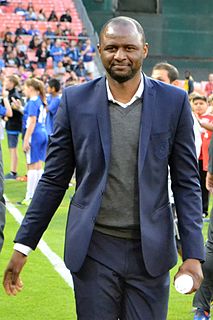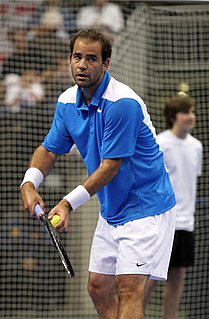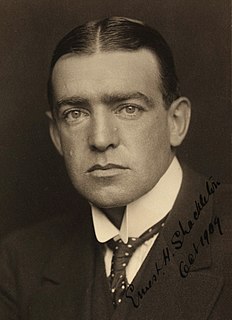A Quote by Seth Godin
Playing the game is a form of winning the game. In those competitions, we win by being resilient.
Related Quotes
Those enjoying winning streaks thus win twofold. They win not only the game but also the right to greater self-determination. They become masters of their own fate. That feeling of efficacy, of being in charge of circumstances, is the essence of confidence. Winning once or twice is encouraging, but winning continuously is empowering.
Life to me is the greatest of all games. The danger lies in treating it as a trivial game, a game to be taken lightly, and a game in which the rules don't matter much. The rules matter a great deal. The game has to be played fairly or it is no game at all. And even to win the game is not the chief end. The chief end is to win it honorably and splendidly.






































